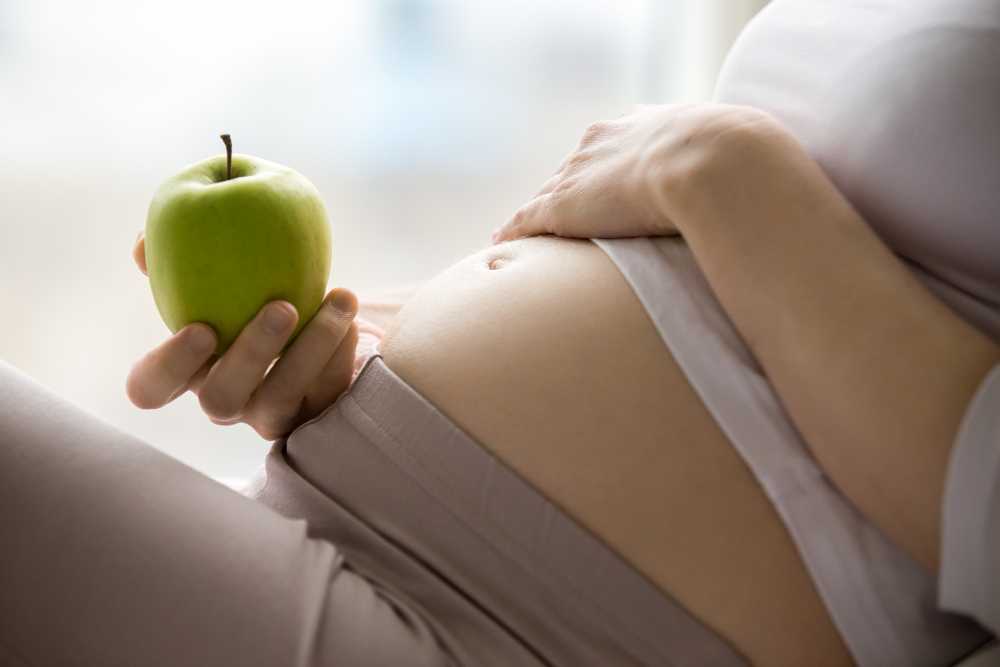A lot of people nowadays prefer having kids later in their lives. Pregnancy rates among women in their 40s are rising, having more than doubled since 1990. They wish to be well settled and be financially and emotionally prepared before bringing a new life into the world.
There are many things people want to achieve before becoming parents, so they save the gift of entering into parenthood for later. However, the chances of conceiving decrease with passing age as fertility decreases.
If you wish to conceive in your 40s, you should know all the risks, benefits, and expectations.
What are the Benefits?
The advantages of having a baby later in life might often exceed the benefits of having children in your 20s or 30s.
- Better health may be aided by more stability in a person’s profession, life, or marriage. For example, a new parent who is less concerned about money may be less stressed due to a strong financial situation.
- According to reports, having a supportive partner, reducing chronic stress, and having a good connection can lessen the chance of postpartum depression.
- People who usually wait until they have a well-paid job with health insurance may be able to afford better medical treatment and can also support a child’s education and well-being.
What are the Possible Risks?
Thanks to breakthroughs in conception, pregnancy, and delivery technologies, it is now feasible to safely have a baby at the age of 40. But it is definitely not the same as getting pregnant in the 20s and 30s; there is always a high risk at the 40s.
- There will be increased chances of high blood pressure, resulting in preeclampsia, pregnancy complication, and gestational diabetes.
- The number of babies born with congenital disabilities or genetic diseases is also rising. For example, the chances of having a child with Down syndrome are roughly 1 in 100 when the mother is 40, and 1 in 30 when she is 45.
- Unfortunately, older women are more likely to experience loss and ectopic pregnancy. Miscarriage rates increase with age, with one in every two pregnancies in women over 45 ends in miscarriage.
Age factor is just not the problem of a woman, new evidence suggests that infertility affects both men and women as they get older.
- Birth anomalies, low birth weight, and a low Apgar score — a measure of the baby’s general health at birth — are more common in men over 45.
- Even when their spouse is under 25, older fathers have a higher likelihood of infertility.
What to expect?
Usually, in the first trimester, the symptoms such as morning sickness are the same for healthy women in their 40s as women in their 20s and 30s.
However, there are additional reasons why the first trimester may be more stressful. Pregnancy loss is more likely as women get older, especially if they’ve experienced previous losses.
Women over 45 have a higher risk of pregnancy-related issues as the pregnancy advances, such as:
- High blood pressure
- Gestational diabetes
- Preterm delivery
As a result, a doctor or midwife may advise that you be monitored more closely. Additional prenatal consultations or tests may be required as part of this monitoring.
After the age of 40, vaginal delivery may become less likely. Again, this is linked to reproductive treatments, which might raise the chance of premature birth. You may also be at a higher risk of developing preeclampsia, which may demand a cesarean delivery to save both the mother and the baby.
If you have a vaginal delivery, the process may get more difficult as you get older.
However, a lot of women successfully deliver healthy babies in their 40s. Having children in your 40s is getting common nowadays, and it is also absolutely a possibility, despite the difficulties in conceiving. Before establishing a family at this time in your life, talk to your doctor about all of your particular risk factors.
![]()









